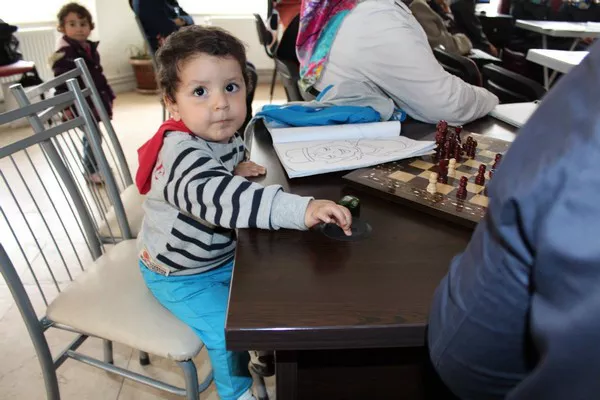Family security is a paramount concern for individuals and households worldwide. It encompasses a range of factors, including physical safety, emotional well-being, financial stability, and digital protection. In an ever-changing world, it is crucial to understand the importance of family security and adopt effective strategies to safeguard our loved ones. This article delves into the concept of family security, its key components, and actionable steps to enhance security levels. By implementing these measures, families can mitigate risks and create a nurturing environment for their members.
Defining Family Security
What is Family Security?
Family security refers to the collective efforts taken to protect the physical, emotional, financial, and digital well-being of family members. It involves recognizing potential threats, understanding vulnerabilities, and implementing preventive measures to minimize risks. Family security creates a sense of stability, trust, and peace of mind within the household.
The Importance of Family Security
Family security is vital as it fosters a safe and nurturing environment for everyone involved. It provides a solid foundation for personal growth, development, and happiness. By ensuring family security, individuals can focus on their goals, relationships, and overall well-being, knowing that their loved ones are protected.
Key Components of Family Security
Physical Security
Physical security involves measures to protect family members from harm, accidents, or potential threats. This includes home security systems, smoke detectors, fire extinguishers, emergency preparedness plans, and ensuring safe neighborhoods and surroundings.
Emotional Security
Emotional security focuses on nurturing healthy relationships within the family. It involves open communication, active listening, and creating a supportive environment. Establishing trust, expressing love and care, and resolving conflicts effectively are vital for emotional security.
Financial Security
Financial security aims to ensure families have the means to meet their basic needs, manage emergencies, and plan for the future. This includes budgeting, savings, insurance coverage, retirement planning, and establishing an emergency fund. Teaching financial literacy to children also promotes long-term financial security.
Digital Security
In today’s digital age, protecting our families from online threats is crucial. Digital security involves strong password management, cybersecurity measures, safe internet browsing habits, and educating family members about online risks. Additionally, parents should monitor children’s online activities and establish rules for internet usage.
Actionable Steps for Enhancing Family Security
Conduct a Home Security Assessment
Begin by evaluating your home’s security. Install reliable locks, reinforce windows and doors, and consider a home security system. Adequate lighting, security cameras, and motion sensors can deter intruders. Conduct regular inspections and address any vulnerabilities promptly.
Develop Emergency Preparedness Plans
Create emergency plans for natural disasters, such as earthquakes, floods, or hurricanes, that are relevant to your region. Educate family members about evacuation routes, emergency contacts, and assemble emergency supply kits. Regularly review and update these plans as necessary.
Foster Open Communication
Establish an environment where family members feel comfortable discussing their concerns, fears, and aspirations. Encourage open communication to build trust and address any emotional issues promptly. Active listening and empathy are essential for maintaining emotional security within the family.
Promote Financial Literacy
Educate family members about financial planning, budgeting, and wise spending habits. Teach children the importance of saving, investing, and managing money responsibly. Engage in age-appropriate conversations about financial goals and long-term planning.
Implement Cybersecurity Measures
Protect your family from online threats by using strong, unique passwords for all online accounts. Invest in reliable antivirus software, firewall protection, and keep software and devices updated. Teach children about online safety, including avoiding sharing personal information or engaging with strangers online.
Plan for the Unexpected
Prepare for unforeseen circumstances by obtaining adequate insurance coverage, including health, life, and property insurance. Consider creating a will and designating guardianship for children. Regularly review and update these legal documents as circumstances change.
Conclusion
Family security encompasses multiple aspects that require proactive measures and continuous efforts. By prioritizing physical security, emotional well-being, financial stability, and digital protection, families can create a safe and nurturing environment. Regular assessments, open communication, and preparedness planning play vital roles in ensuring family security. By implementing the actionable steps discussed in this article, families can enhance their security levels and enjoy peace of mind. Remember, family security is an ongoing process that requires adaptability and vigilance to protect the ones we hold dear.


